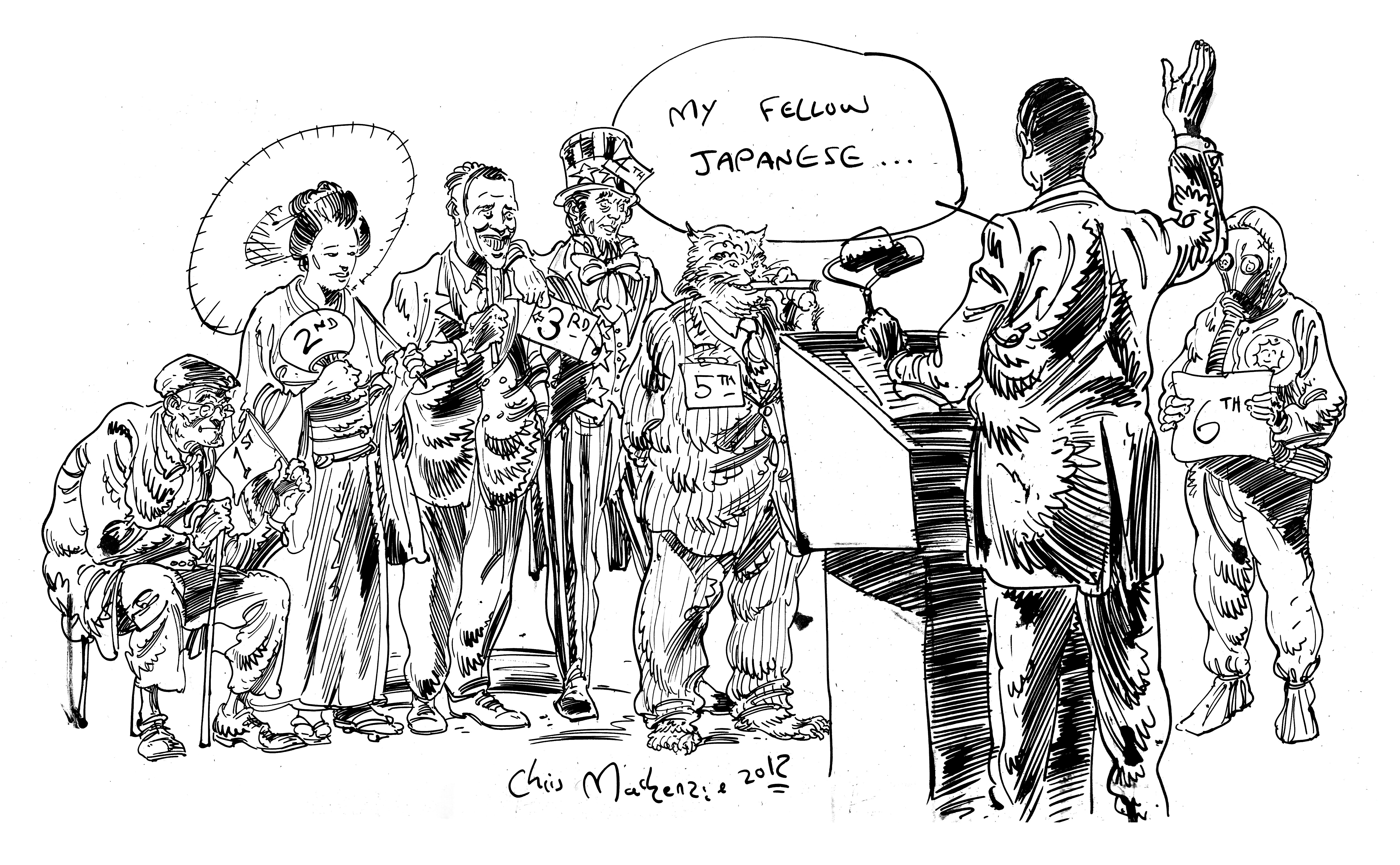It is a political season. Barack Obama was recently re-elected president of the United States, China has anointed Xi Jinping as its new leader, and Japanese politicians are jockeying for position in advance of a general election to be held on Dec. 16.
In January, President Obama will give an inaugural address, accompanied by all of the pomp and circumstance that can be mustered, to present his agenda and call upon all citizens to unite behind shared American values. Most inaugural addresses fail to live up to their hype but they generally do lay out a policy road-map and offer at least fleeting inspiration. The best — John F. Kennedy's call to Americans "to ask not what your country can do for you but what you can do for your country" or Franklin D. Roosevelt's declaration that "we have nothing to fear but fear itself" — live on in the hearts and minds of the people for generations.
Incoming Japanese prime ministers also give inaugural addresses, not that anyone notices. Their addresses are as forgettable, and as disposable, as most Japanese prime ministers themselves. In any case, Japan does not have a tradition of great speech-making. Japanese tend to be suspicious of bold pronouncements and smooth talkers. The most talented and effective people in Japanese organizations are often those who operate best behind the scenes, not in the spotlight. Americans sometimes confuse eloquence with judgment and verbal dexterity with competence; Japanese tend not to have that problem.



















With your current subscription plan you can comment on stories. However, before writing your first comment, please create a display name in the Profile section of your subscriber account page.